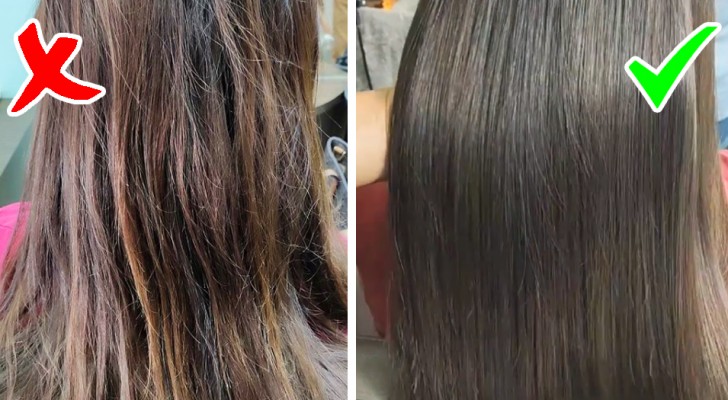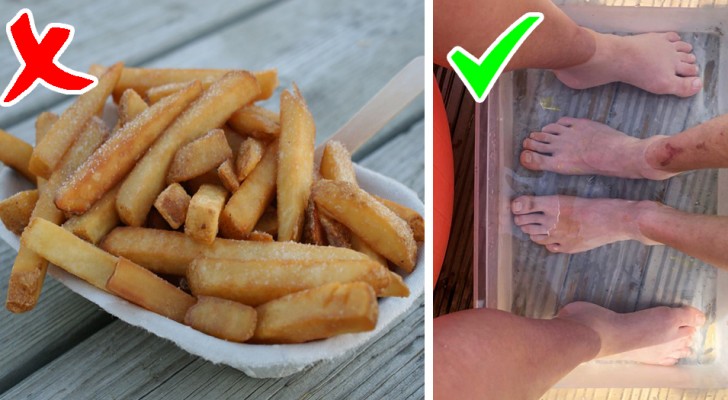10 warning signs that can help you understand that you are not drinking enough water
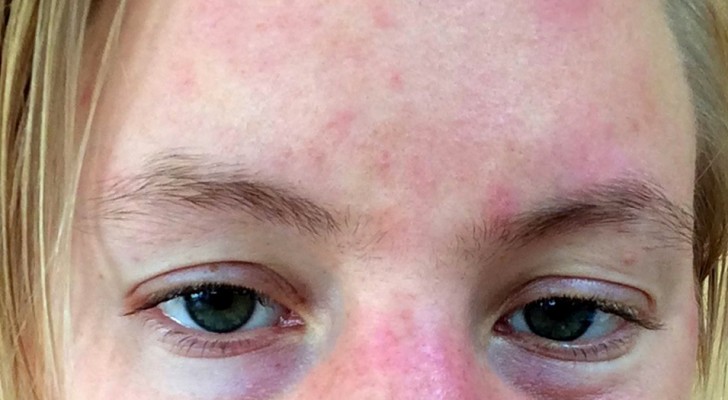
One of the fundamental lessons about our body that we learn from childhood at school is that it is composed of 60% water; a percentage that is 75% regarding muscles and 85% for the brain.
These numbers clarify in a synthetic and obvious way that water is of vital importance for human beings; but despite this, there are many people who do not take their hydration seriously enough, and thus risk provoking a series of health problems.
Therefore, it would be better to pay attention to the following 10 symptoms that appear to warn us that it is time to start drinking more water!
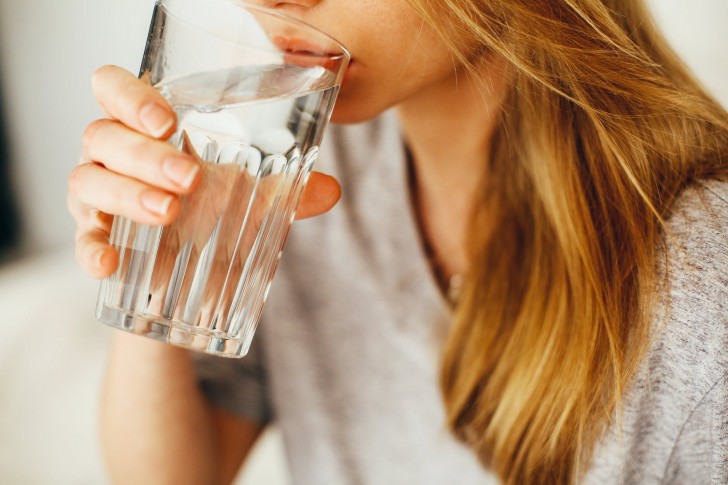
- 1. DRY MOUTH AND EYES. If a dry mouth and lips are a clear indication of dehydration, also poor tear production may be due to not drinking enough water. However, it is good to keep in mind that there could also be another problem concerning your eyes, and it is, therefore, advisable to consult a doctor, if the situation does not change in spite of drinking more liquids.
- 2. YOU DO NOT URINATE A LOT, AND YOUR URINE IS DARK YELLOW OR BROWN. If you do not drink enough water, your body will tend to retain the few liquids you do consume inside itself, with the result of not only producing less urine but also your urine will be darker in color since the toxins that are usually eliminated through the urine will be more concentrated.
- 3. DIGESTIVE PROBLEMS. Water helps remove toxins from the body, but if there is not enough water, this can cause constipation, stomach pains, and fatigue. In fact, the large intestine tends to retain excess water from what you have eaten, in order to respond to a crisis situation.
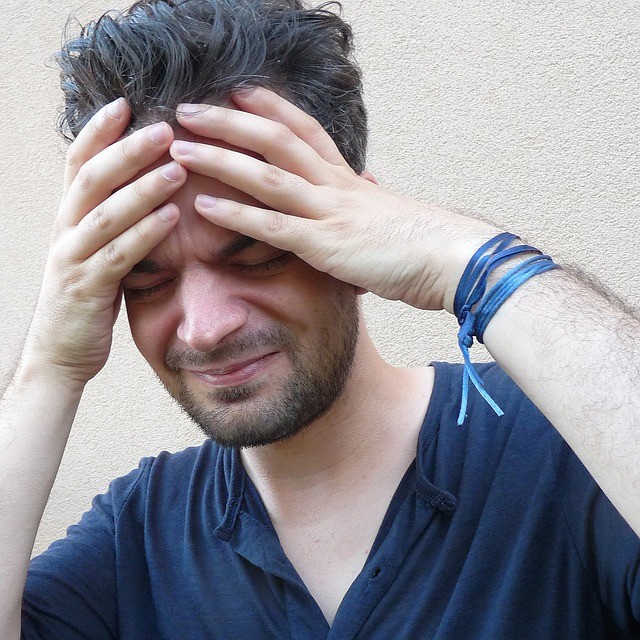
- 4. FREQUENT HEADACHES AND BRAIN FOG. Poor hydration obviously has consequences on the brain in that the brain tissue is deprived of water and becomes slightly detached from the skull, producing pain in the form of migraines. Furthermore, the lack of water slows down the blood flow and circulation, reducing brain oxygenation which causes a lack of mental clarity (brain fog) and also increases the risk of inflammation.
- 5. HIGH CHOLESTEROL. A study on the effects of fasting has shown that people with a diet that is low in fluids have much higher levels of cholesterol in their blood than those who supplemented their diet with water and salt.
- 6. HYPERTENSION. When one does not drink enough water, one's blood thickens and concentrates, becoming denser, causing the blood flow to slow down and sodium to accumulate in the blood. This situation, when combined with a sodium-rich diet and a sedentary lifestyle, means that dehydration can lead to hypertension.
- 7. CONTINUOUSLY FEELING HUNGRY. Thirst, caused by the lack of water, can be confused with real hunger, therefore, if you still feel thirsty after eating, this is a clear sign that what you are actually feeling is dehydration.
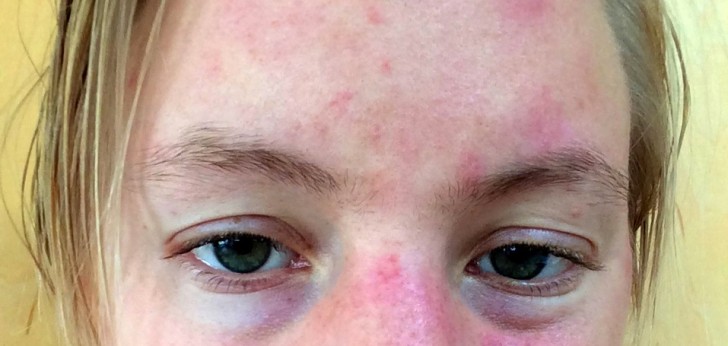
8. SKIN ERUPTIONS. Water helps keep our skin hydrated and moist; when water is insufficient, our skin appears dry and reddened, becoming the perfect environment for the accumulation of toxins which results in acne, psoriasis, eczema and other skin disorders.
9. FATIGUE AND MOOD SWINGS. Water brings oxygen into the body, so the more water you drink, the stronger you feel. When water is in short supply, the blood flow slows down, and so do all the systems, so as to compensate. The consequence is a feeling of tiredness, but also discontent and anxiety.
10. BACK AND JOINT PAIN. One of the alternative sources of water from which the body draws water in the event of dehydration is cartilage, which is composed of 80% water. Drinking very little water can also cause back pain, a sign of a malfunction of the kidneys but also of a possible concentration in them of myoglobin, responsible for kidney stones and urinary tract infections.
Consequently, it is best to prevent the manifestation of these symptoms by drinking more water. One practical solution is to get in the habit of always carrying a bottle of water with you, to remind you to hydrate yourself when you go out.
